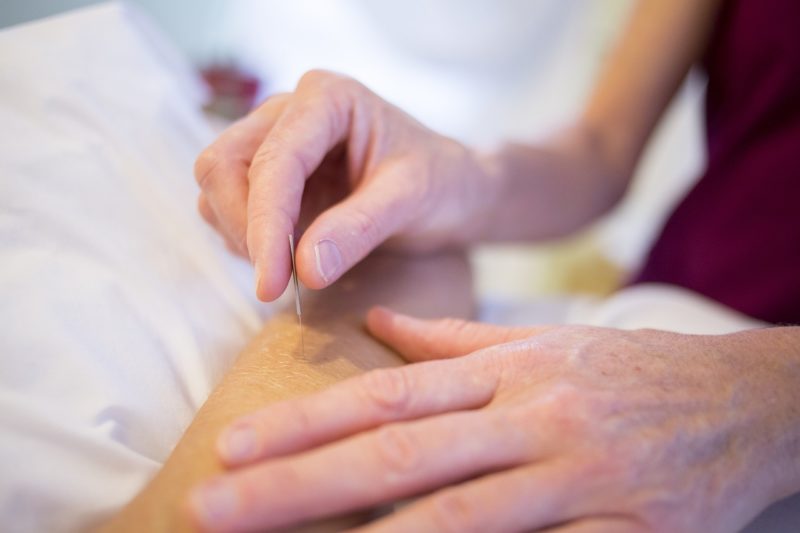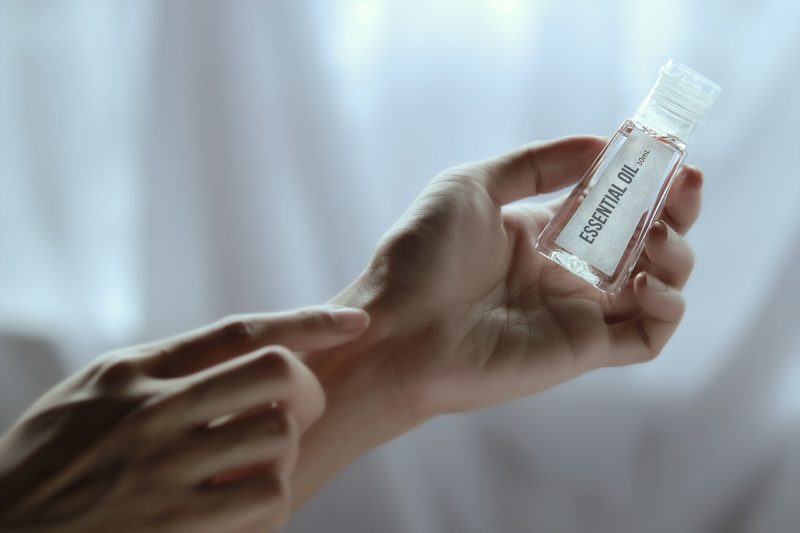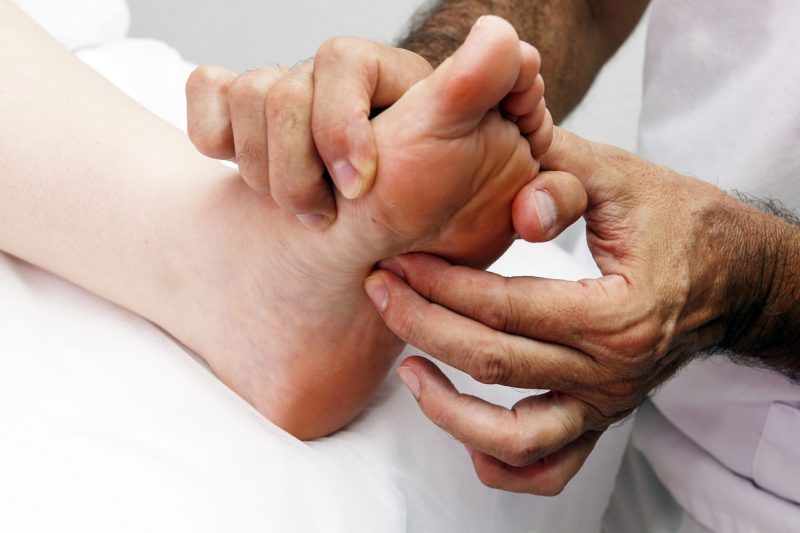How to use Complementary Therapies to Improve your Health
Popping pills and heading to the doctor for every little ailment seems to be the done thing for a lot of people. While we do advocate seeking professional medical advice when necessary, some go overboard with their trips there. However, there are other things that you can do to help improve your health which can sometimes help to avoid the use of drugs. Continue reading for our guide on how you can use complementary therapies to do just that.
Acupuncture
Acupuncture is an ancient Chinese therapy which involves the insertion of small thin metal needles in certain parts of the body. The idea behind this is that those particular points will remove blockages to the flow of the body’s natural energy. This can be suitable for many different ailments. It is regularly used as a treatment for chronic headaches and migraines. However, it can also be adopted as a method to treat other musculoskeletal conditions such as chronic pain in the neck joints, dental pain or pain after an operation. If you are unable to see an acupuncturist, many suggest trying to stimulate the pressure points yourself to see if that makes a difference.
Aromatherapy
Aromatherapy is the use of essential oils to improve both physical and mental health and well-being. Although many people choose to see and aromatherapist, it is possible to use essential oils in the home to help various medical conditions. Many people believe that this can help reduce pain, boost your mood, and help you to relax. Check out the best essential oils for headaches if you are prone to getting them regularly. This practice is also known for supporting a positive sleep routine. We all know how difficult life can be when we are unable to achieve an optimum amount of snooze on a night, so this is important to tackle.
Homeopathy
According to some, homeopathy helps to activate the body’s natural ability to heal itself through the use of heavily diluted substances, which are ingested. People tend to rely on the use of homeopathy mainly for things like allergies, asthma, digestive problems, headaches and symptoms associated with the menopause. Despite many people using this complementary therapy, science has shown very mixed results, and most conclude that homeopathic treatment has mainly a placebo effect.
Reflexology
Reflexology is the use of pressure being placed onto certain points of the feet and sometimes hands or ears. It is based on the theory that the different signs on the feet, hands and ear is somehow connected to specific parts of the body such as organs. Those who are trained in reflexology as such that the application of pressure on to the specific parts of the book of the feet, hands and ears offer a huge benefit to your health. Reflexology is said to help support the central nervous system, aid relaxation, and also offers other positives just like a regular massage would. Some people even swear by the use of reflexology to prompt the commencement of labor when overdue.
Meditation
Meditation is said to be an excellent thing to practice regardless of how you are feeling and the state of your health. During this, you become relaxed, and you calm your mind. Rather than simply escaping all of your thoughts and feelings, it can help you to focus on them and see them in a more positive light, dealing with things more appropriately. People tend to use meditation to help with mental health issues. However, it is also great for some people when it comes to pain management.
Mindfulness
Mindfulness is another option similar to meditation often incorporating it. It encourages the user to reach a higher level of self-awareness to detach oneself from negative thoughts and feelings. Many people choose this as a way to cope with anxiety, stress and depression, for example. However, it has also proven successful as a way of overcoming addiction and dependency on drugs, both illegal and legal, and alcohol. It has also been linked to a significantly reduced occurrence of relapse. However, for it to be effective, it is essential to utilize it on a regular basis rather than sporadically.
Although many choose to use complementary therapies when they are suffering from a serious illness such as cancer, it is always advisable to use in conjunction with the recommended treatment like chemotherapy or radiotherapy. If you are in doubt about anything at all, it is certainly worth speaking to a trained medical professional.















